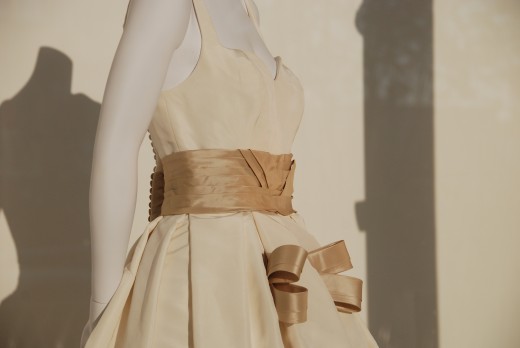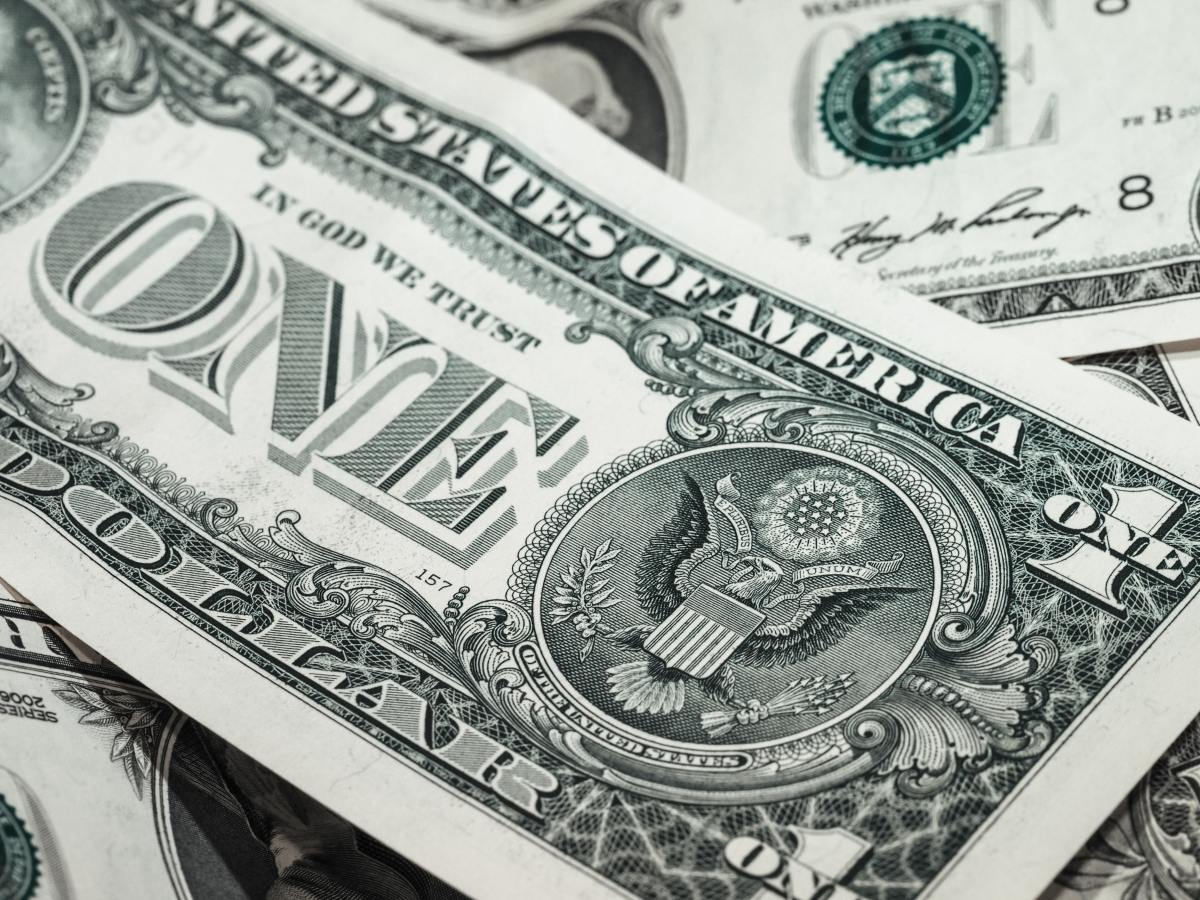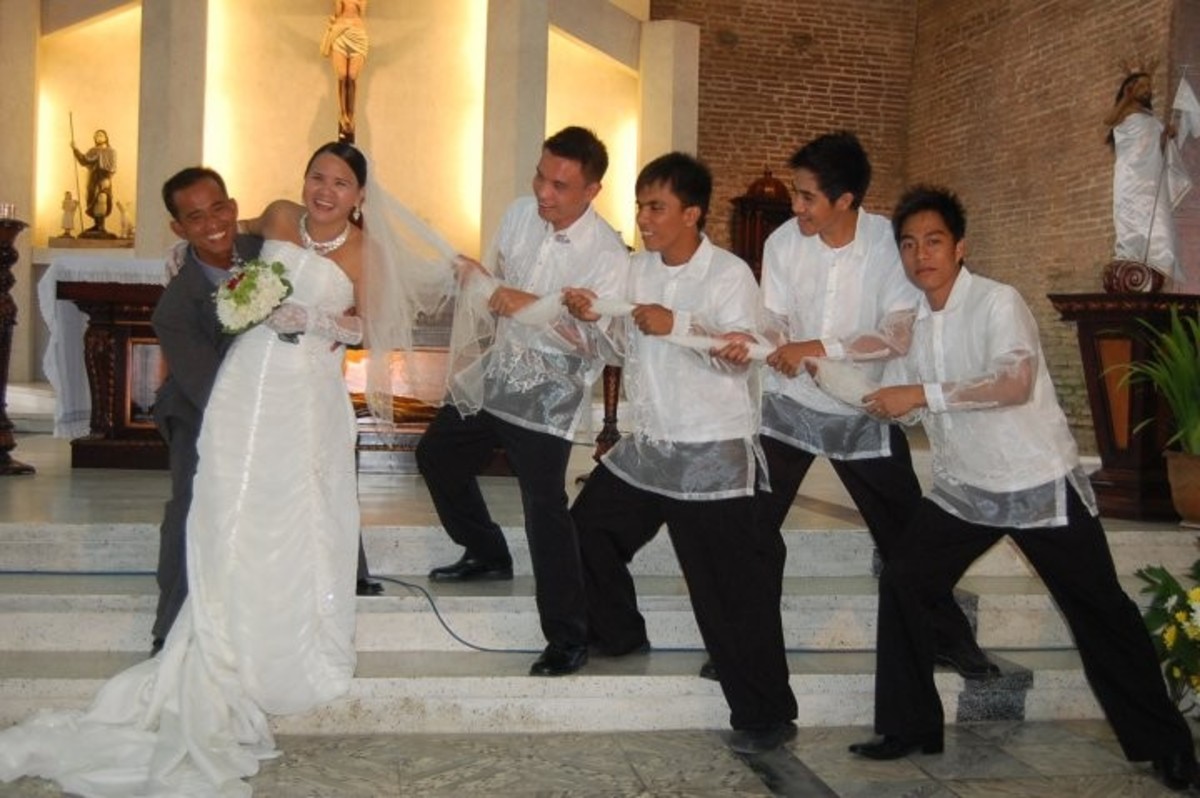Saving for Wedding Expenses: Who Pays for What?
Saving for something so potentially costly as a wedding is overwhelming as it is; the fact that wedding payment etiquette factors into the equation only makes the process seem more daunting. To save you potential trouble, embarrassment, and worry, I'll untangle the intricacies of wedding payment etiquette and explain who, historically, has paid for what, as well as some modern factors to take into account.
Why is it important to know these things in advance?
By having a good idea of which parties in a wedding traditionally pay for what, you'll have a better idea of what you, depending on your role, might want to save for.
If, for example, you are a future groom's parent, you could benefit from knowing which expenses you might traditionally assume. Knowing about these specific expenses in advance means you can prepare for them in advance.
Additional Considerations
No matter what part you play in a wedding, you should keep in mind that financial contribution will end up serving as a certain amount of power when it comes to choices in invitations, style, and organization of the event.
Some families, for instance, decide to split expenses three ways- between the bride and groom, and then their respective families. Doing this shares the financial burden, but it also means that each third gets to choose a third of the invites (traditionally), and gets influence over a significant amount of wedding purchases.
In short, if you want total control of a wedding, you have to pay for the whole thing.

Traditional Payment Responsibilities for a Wedding
As tradition has it, certain parties in a wedding are expected to cover certain expenses. There are certain conditions under which tradition is commonly trumped:
- The bride and groom are grown and can afford to pay for the wedding with their own money
- Any party cannot afford the cost
- This is a second, third, fourth, or nth wedding

Things paid for by the Bride / Groom individually
The bride typically pays for:
- the groom's ring,
- the groom's wedding gift,
- bridesmaid gifts,
- her pre-wedding medical visit, hair, makeup, nails, and other pre-wedding body treatments,
- and the groom's wedding ring.
The groom traditionally pays for...
- the bride's engagement and wedding ring,
- the bride's wedding gift,
- the marriage license,
- his pre-wedding medical visit,
- and in a formal wedding, his own boutonniere as well as the usher's and groomsmen's boutonnieres.
- The groom is also commonly expected to pay for the honeymoon, though traditionally the groom's family pitches in.
Keep note that these are the bare essentials of what the bride and groom ought to pay for on their own. In many cases, the bride and groom are expected to pay for everything. In most modern cases, the bride and groom will lay outline the projected expenses of their wedding after announcing their engagement, then present these to their families, asking politely if they would like to pitch in on any of the costs. The families may want to adhere to historical precedent, cultural tradition, or their own personal taste when making these decisions, and may very well not pay for anything.
With this in mind, the bride and groom should save as much as possible for the wedding, and be fully prepared to assume all expenses. This may involve a major savings effort, hence it would be prudent to create an organized plan, schedule, and set of goals as soon as the potentiality of a wedding arises.
Things paid for by the groom's family
The groom's family is expected to pay for decidedly less than the bride's family, but that doesn't mean that these expenses don't add up to become something worth saving for. They include:
- The rehearsal dinner
- The clergyman's fee (sometimes)
- The groom's cake
- The bride's bouquet
- The bride's going-away corsage
- Corsages for mothers and grandmothers
- The honeymoon (though this cost is assumed by the groom more than ever now)
Though these expenses are substantially lower than those of the father and mother of the bride, you may still want to create a little fund and have it tucked away in a 6 month CD (both to give it a decent interest rate and to keep you from raiding it!).
Things paid for by the bride's family
The bride's family traditionally takes on the largest expense when it comes to weddings. This party is known for taking financial reponsiblity for:
- Invitations (and their postage)
- The bride's dress and accessories
- The ceremony (church fee, officiant fee (sometimes), musician, janitor)
- The wedding breakfast
- The reception
- The receptions' food and the main cake
- The band / orchestra / DJ
- The transportation (limo / taxi / carriage)
- The bouquets and decorations
- Photography and videography
- Wedding favors
After reviewing these expenses, it becomes quite clear that saving for these things ahead of time makes sense. If you are a parent, you could benefit from saving for the event even if your daughter shows no sign of getting married. If she never does marry, you've got a bonus emergency fund!
Ready to start saving?
- Five Ways to Save Money for a Wedding
Weddings are a fabulous celebration of love and an important right of passage, but they're also getting rather expensive. According to CostOfWedding.com, the average American couple spends $19,581 on their...
A Final Note
None of these expenses need be incurred (save medical examinations and a wedding license) for a couple to be married.
Nobody- be they the bride, groom, or either of their families- should endanger their own financial wellbeing to have a wedding. This, in my opinion, includes emergency funds, retirement savings, house funds, and education funds.
Weddings are a luxury and should be treated as such. If having a fancy wedding is important and funds are currently insufficient, then it would be best to postpone the event to later date than to take out a high interest loan and launch a lifelong union on a foundation of financial insecurity.








